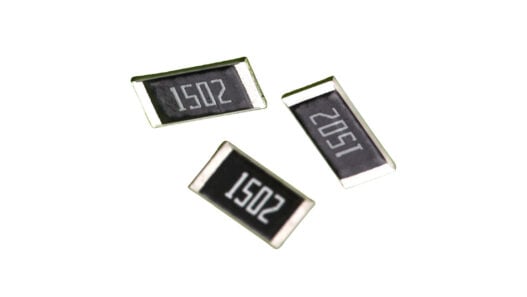Smart metres are already in use worldwide in buildings today. Once installed and set up, the meters automatically measure electricity, gas, heat and water consumption, enable automated billing, tracking consumption and reducing fraud. For consumers, smart meters can mean greater comfort and savings. For utility companies, amortisation takes the form of improved infrastructure awareness, less wastage, and more granular network distribution control.
Manual counter readings are on the decline. In some places they are already abolished, so you may not even remember when you last opened your door for a reader. This is mainly because utilities have introduced a wide range of wired and radio frequency based communication technologies to access the information without actually having to enter your premises.
Recently, mobile technologies such as 2G and 3G have experienced an increase in their distribution. Quick to set up and easy to maintain and deploy, they seamlessly transfer meter readings to utilities using public mobile networks. The introduction of 5G-enabled low-power wide-area technologies such as LTE-M and NB-IoT contribute to this dynamic and also allow for long battery life, extensive geographic coverage even underground, inexpensive hardware and low cost data data rates.
Problem solved?
When developing and implementing smart metering solutions, the choice of communication technology must be made wisely. Technologies need to be optimised for each application and setting to ensure that they work reliably without congestion from mobile networks. Cellular communication technologies are suitable for enabling point-to-point communication. In high density implementations, such as in residential buildings, mesh technologies have their advantages. And short-haul technologies are the obvious choice when it comes to communicating with individual metres wirelessly, whether for monitoring or configuration.
Bluetooth technology is currently establishing itself as convincing short-range technology for this type of application. Bluetooth Mesh, operational from Bluetooth 4.0, enables device-to-device communication over a network and allows sensor-to-sensor data in a building to reach a central, intelligent metre. Alternatively, the mesh network can be connected to a cellular gateway – either a separate unit or built into the smart metre itself – from where meter readings can be transferred to the cloud. Such a combination of mobile and short-haul technologies enables interesting new applications such as smart heat cost allocators.
The use of a mobile gateway in a residential building also offers utilities new opportunities to expand their service offering. For example, residents can use the reliable cellular connection to connect smart home sensors, appliances and other devices to the cloud, and provide additional services such as alerting users to indoor leaks. In addition to generating new revenue streams, utilities are given the opportunity to deepen their customer relationships.
Simplification of maintenance and operation
In the meantime we have become accustomed to the fact that there is an app for practically everything. Why should not that be so with Smart Metres? With virtually all modern networked devices – our smartphones in particular – having a Bluetooth connection as standard, metering companies can offer their customers a user-friendly graphical user interface to monitor their water, gas, heat or electricity consumption. Similarly, utility companies can take this opportunity to develop tools that allow them to wirelessly configure smart meters from a short distance and collect data from outside (and not within) the home.
To learn more about smart metering trends and understand why you can look forward to an approach that combines mobile and short-haul technologies, watch the in-depth on-demand webinar from u-blox. It is held by two of our internal smart metering experts. The webinar focuses on:
1. Market trends and requirements
2. Driving forces in transition to other technologies and dependencies
3. Architecture implementations and standards
4. Wireless communication technologies and testing
5. Selection criteria in key use cases
Guest blog written by Stefan Berggren, Senior Product Marketing Manager, Product Strategy Short Range Radio and Ludger Boeggering Senior Professional Market Development – Product Strategy, Product Center Cellular, u-blox.
Courtesy of u-blox.







